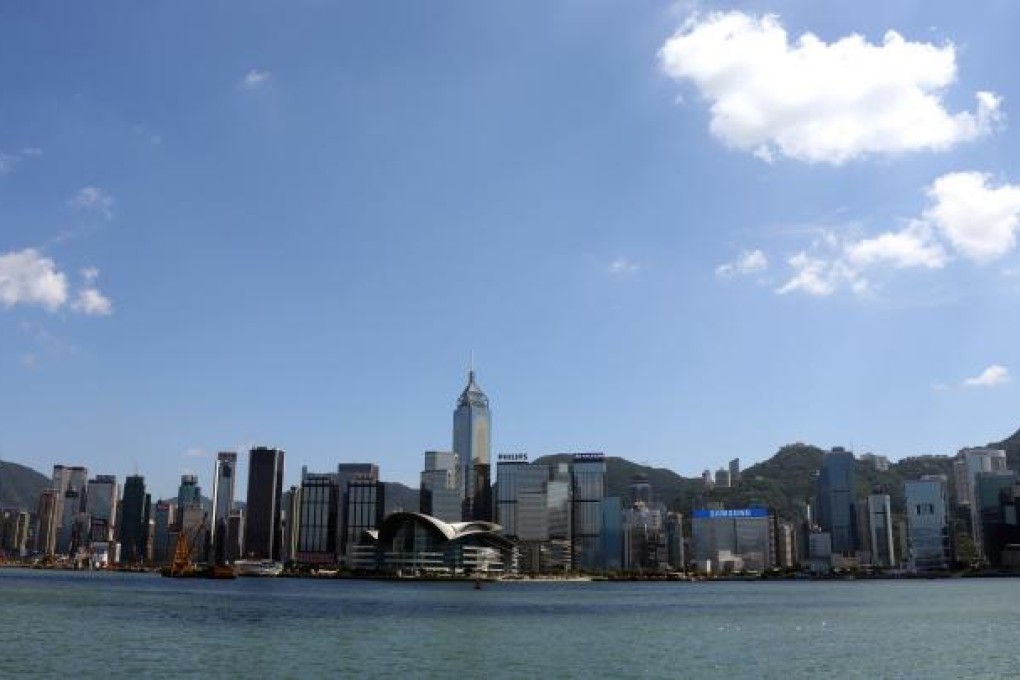Government promotion of 'pillar' industries must be laser sharp
Jeffrey Lam says HK needs to focus on its strengths in six 'pillar' trades

To seize the opportunities offered by globalisation, Hong Kong is aiming to turn itself into a knowledge economy by promoting the six pillar industries of education, innovation and technology, testing and certification, medical services, cultural and creative industries, and environmental industries.
The idea of these six "pillars" has been to diversify the economy in response to the 2008 financial crisis. However, the road to that vision has been bumpy due to the government's lack of forward thinking and action. Some have even mockingly referred to the six industries as the "six poor industries" (in Cantonese, the word for "pillar" sounds similar to the one for "poor").
Take the setbacks in the development of the city's education industry for example. Universities have been so aggressive in their admissions that local students now complain of limited campus accommodation and overcrowded canteens and study areas. The government has also been criticised for making a big land grant to the Hong Kong branch of Harrow International School, which caters to rich local and mainland families.
Similar problems afflict the government's strategy to develop medical services. The influx of pregnant mainlanders wanting to give birth in Hong Kong has taken a heavy toll on obstetrics staff, and our maternity care services have come close to breaking point.
The stress on our education and obstetrics services should serve as a wake-up call for the city to refocus on its strengths, instead of blindly pursuing new industries to drive growth.
Rather than overload our obstetrics services, for instance, the government should be helping to promote what our hospitals are good at. The city is famous for carrying out liver transplants, and angioplasty and coronary artery bypass surgery, among other skills. The government should capture the soaring regional demand for these services.